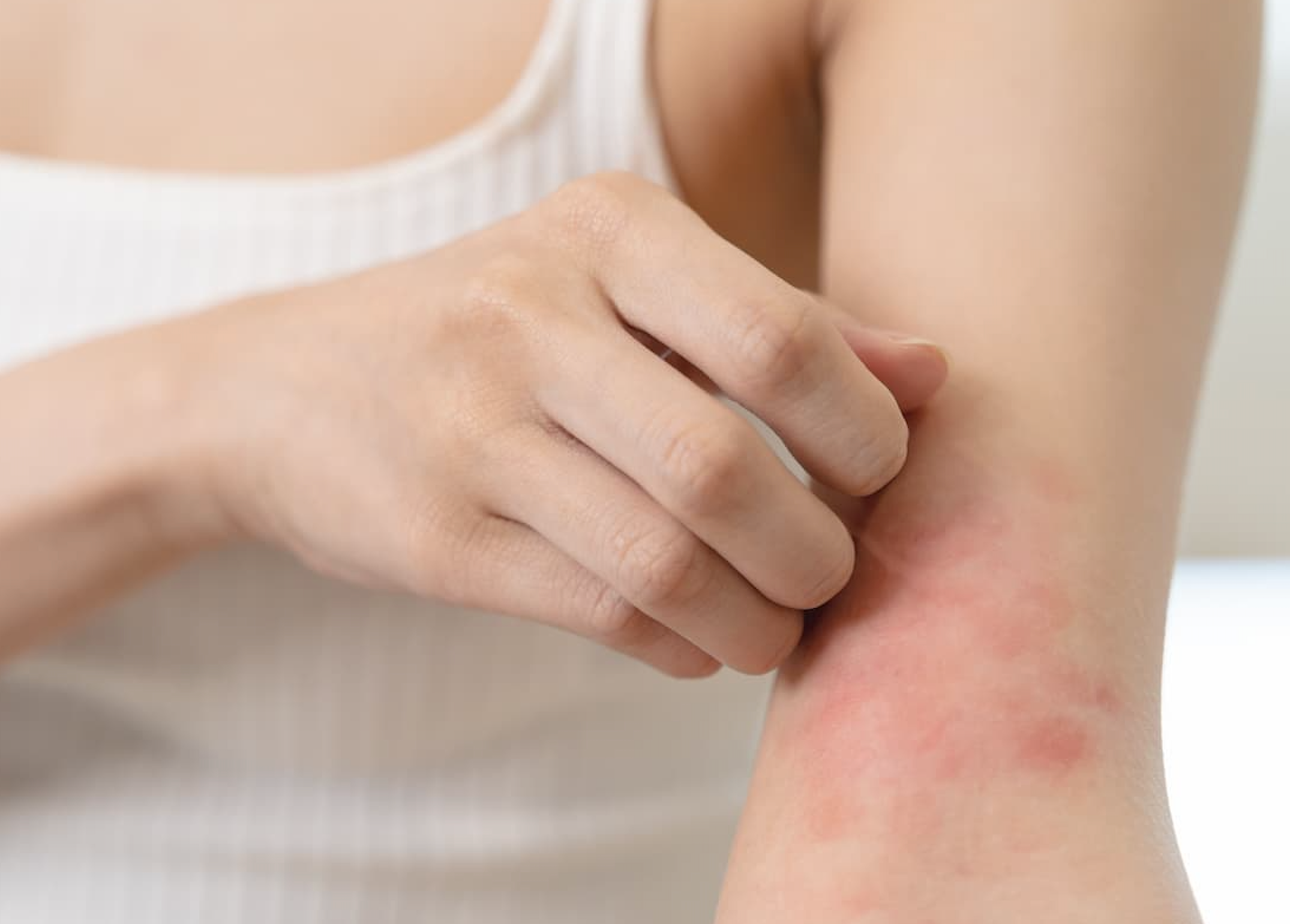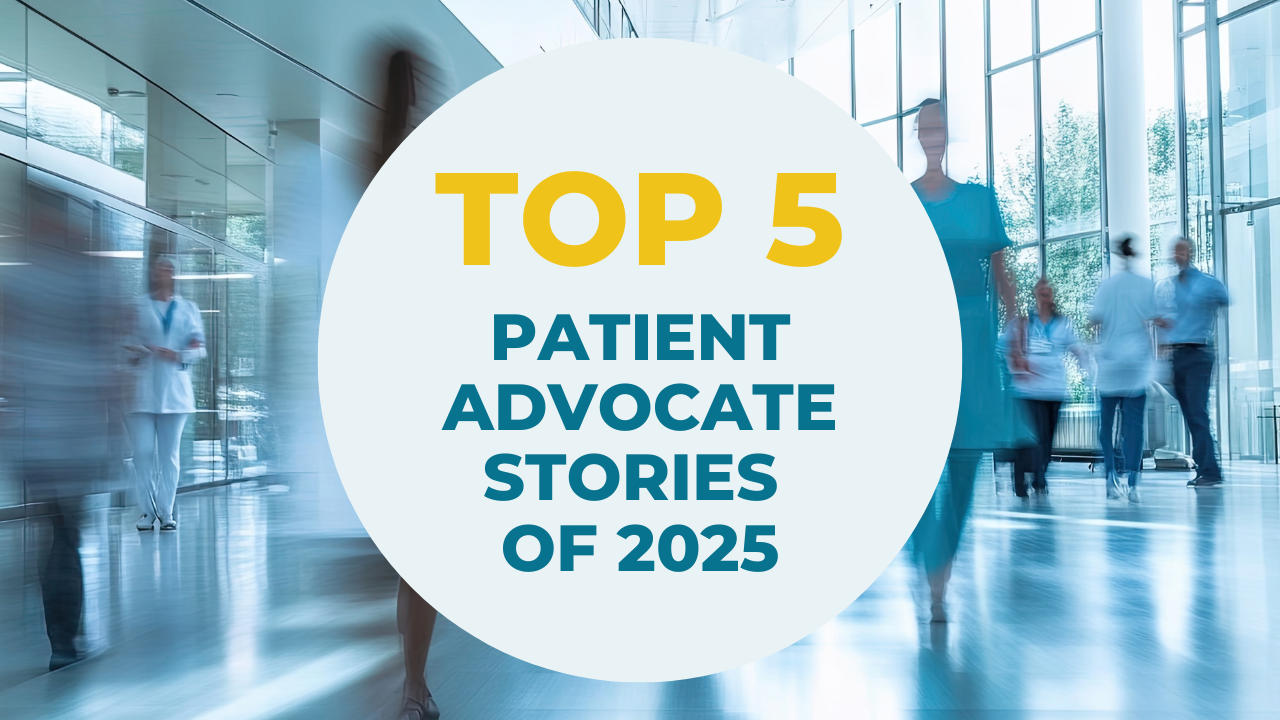
Things to Know When Exploring the Impact of Eczema on Mental Health, with Wendy Smith Begolka, MBS
Your skin may heal, but emotional symptoms can linger — mental health care is key at every stage.
By
Lana Pine| Published on June 20, 2025
3 min read
Living with atopic dermatitis (AD), also known as eczema, goes far beyond dry, itchy skin. According to Wendy Smith Begolka, MBS, of the National Eczema Association (NEA), the connection between eczema and mental health is not only real — it's deeply personal for many patients. “AD is a very visible skin disease,” she says, “and because of that, it can lead to very isolating feelings as well.”
In a recent NEA survey, nearly 1 in 4 people with eczema reported 10 or more days per month of poor mental health. That’s a powerful reminder that the burden of eczema isn’t just physical — it often takes a major emotional toll, too. When symptoms flare unpredictably, it can create anxiety. Some people withdraw socially or hide their skin, which only adds to the stress.
But here’s something important to understand: your skin and your mental health don’t always improve at the same time. Some people report feeling mentally low even when their eczema is mild or in remission. Others might feel better emotionally but still struggle with physical symptoms. That’s why, Begolka emphasizes, mental health should be part of the care conversation — no matter the severity of your eczema.
Unfortunately, fewer than half of patients surveyed said their doctor had ever asked them about their mental health. On the flip side, around 17% of patients said they didn’t feel comfortable bringing it up themselves. That’s a missed opportunity for support — and a reminder that both doctors and patients need to feel safe starting these conversations.
The good news? You don’t have to wait for an appointment to take action. The NEA offers free online resources on mindfulness, journaling and other stress-reducing tools. They also provide opportunities for connection, like the Eczema Expo in July — a welcoming space where patients can find support from others who understand the eczema journey firsthand.
Begolka also recommends checking out resources from the National Alliance on Mental Illness (NAMI), especially for those experiencing more severe symptoms. Whether through a support group, a helpline, or a conversation with your doctor, your mental health matters—and it deserves just as much care as your skin.
4 Things to Know When Understanding the Impact of AD on Mental Health:
- Eczema affects mental health too – It’s not just skin-deep; eczema can lead to anxiety, depression, isolation and stigma.
- Skin and mental health don’t always improve together – You may feel emotionally drained even if your skin is clear, or vice versa.
- Talk to your doctor about mental health – Less than half of patients are asked about it, so don’t wait — bring it up.
- Support and tools are available – Resources like meditation, journaling and support groups can help, even outside the doctor’s office.

